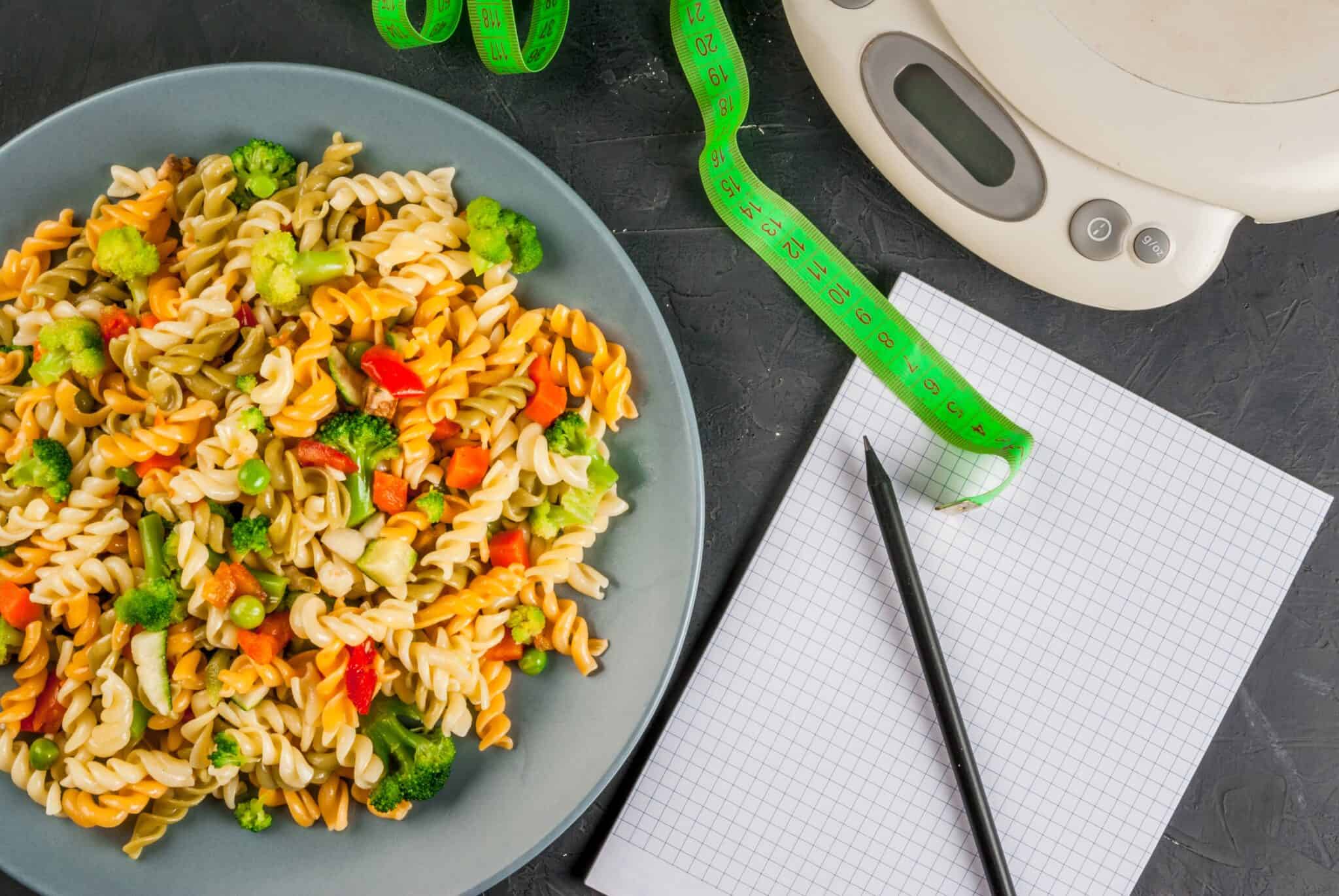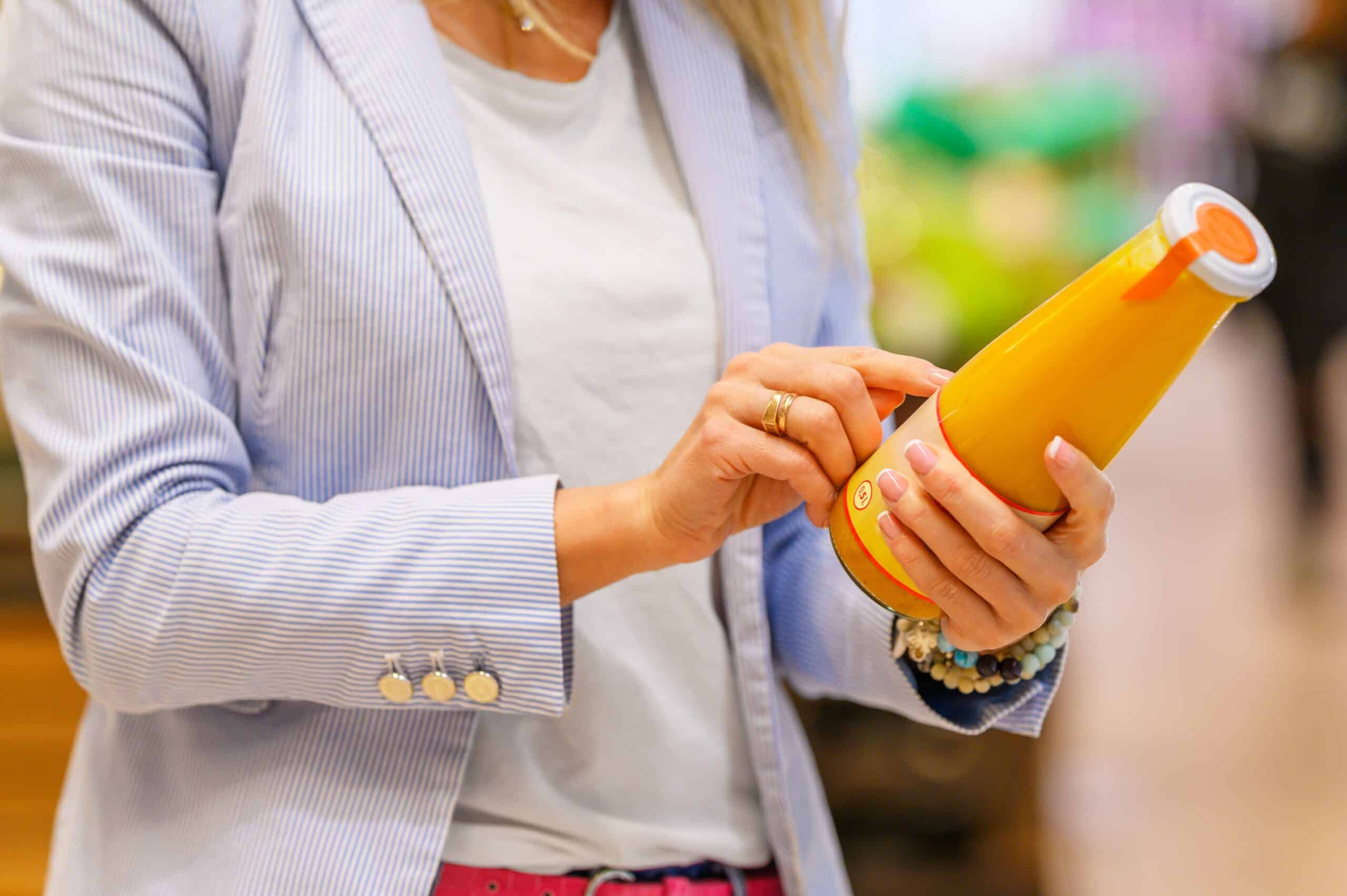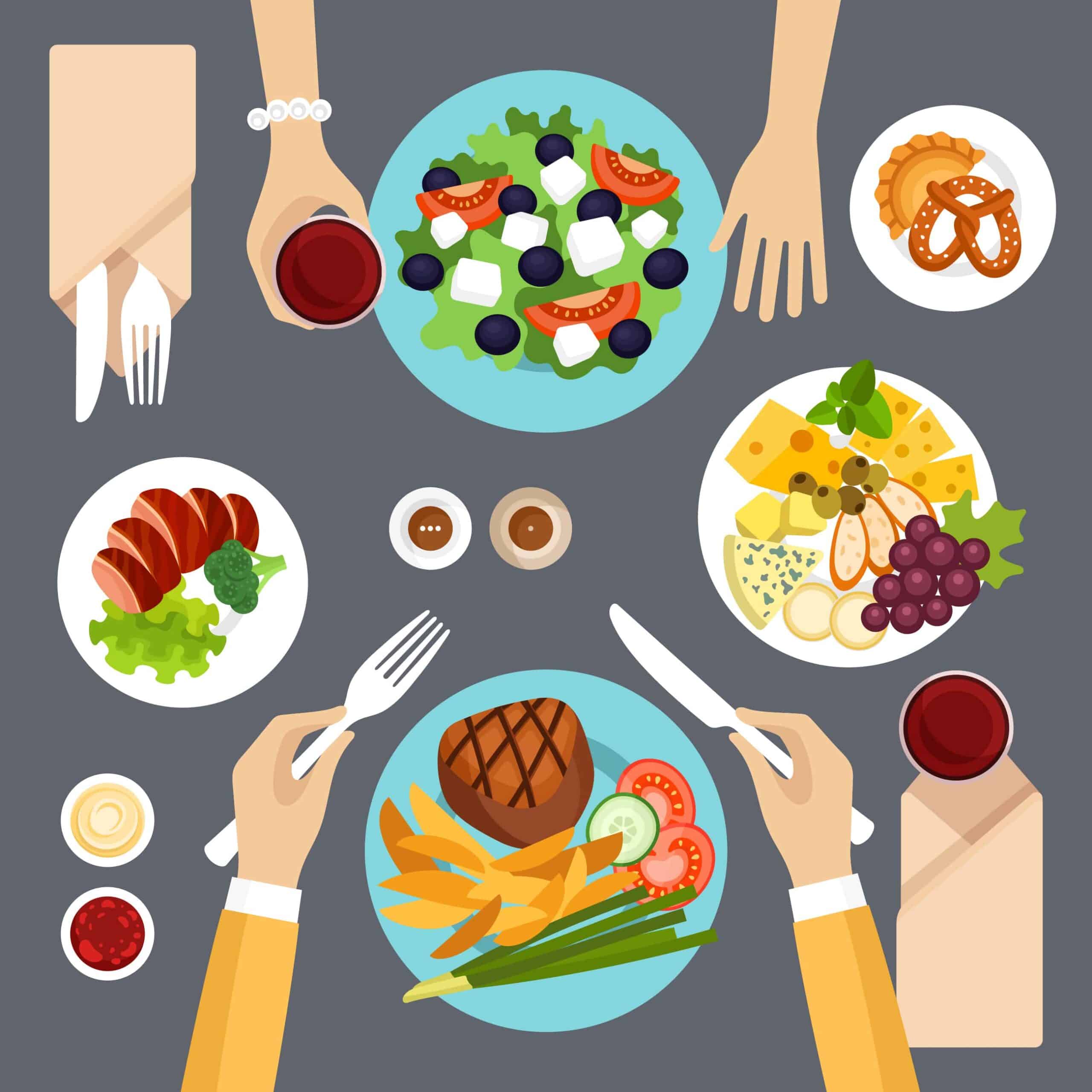Blog

How to use food labels for empowerment rather than guilt
The critical analysis of food labels is a practice that is often recommended by well-meaning health professionals in an attempt to promote a healthier lifestyle. But what happens when label reading becomes a source of guilt, anxiety, and strict food rules?
If this sounds familiar, you’re not alone.
Thanks to diet culture, the messages about label reading typically revolve around what NOT to eat, usually in reference to “unhealthy” ingredients or nutrients. It will come as no surprise that these restrictions can trigger or exacerbate disordered thoughts and behaviours.1
So should you just avoid label reading all together?
Unfortunately, this just isn’t practical for the many people who have health conditions that make label reading essential. However, when you’re trying to push back against diet culture and disordered eating, this can be incredibly difficult to navigate.
So how can we flip our perspective on label reading to become a source of empowerment rather than guilt?
ONE: Consider what you can add, rather than what you can cut out
A Google search of how to read food labels will produce a TONNE of information about what to what to avoid, but very little about what to include. This is diet culture talking!
At Embody Health London, we truly believe it when we say all foods fit. Unless you have an ethical/ religious reason or a health condition where your doctor or dietitian has recommended you avoid a specific food, there is no need to cut things out of your diet.
Instead, use food labels to help you figure out how you can add extra goodness IN.
We typically want to include a source of protein, fat, and carbohydrates at each meal throughout the day, as each of these macronutrients has a vital role in the body. You can learn more about the role of each nutrient in our last blog post.
If by reading a food label, you find out that what you’re eating contains little to no fat, for example, use this information to guide you towards adding a fat source to your meal. Additionally, if the label informs you that your chosen meal is low in calories/energy, consider what you might add to help fuel your body until your next meal.
We love this “recovery food label” by Registered Dietitian Sara Upson (www.mysignaturenutrition.com), which highlights how to interpret a food label in an empowering way!
TWO: Serve size ≠ portion size
If you’ve ever noticed the serve size on a food label, you’ll know that it’s often nothing like what most people would actually eat. It also varies from product to product and brand to brand. This is because there are no regulations around how to determine serve sizes. Instead, manufacturers base the serve size on things like packaging and cost. Overall, it is extremely subjective and ignores all context!
For example, if you were having some Doritos for a snack between meals, the serve size of 12 chips listed on the food label might be reasonable. However, if you were making a bowl of nachos for dinner, this is not even close to being appropriate!
Let your body tell you how much food it needs, not a made-up number on a food package!

THREE: Don’t rely on food labels to tell you what to eat.
We would like to start a petition to have all product comparison posts on Instagram banned! Not only are they perpetuating diet culture, but their messaging can be pretty harmful. When you get to the crux of it, by posting a comparison of two nutrition panels you’re insinuating (if not explicitly stating) that one of the choices is better than the other.
However, as non-diet dietitians, our team at Embody Health London abides by the belief that food has no moral value. In other words, there are no “good” or “bad” foods.
Instead, we encourage our clients to choose their food based on factors such as:
- Which option do you like the taste of most?
- Which option will be more satisfying?
- Which option is within your budget?
- Which option is accessible?
Notice how we didn’t ask which option is “healthier”? This is because no one food is healthier than another – they’re just different! Some foods have more protein than others; some have more vitamin C; some keep you fuller for longer; some help you celebrate a special occasion.
The most important thing to remember is that some foods are good for the body and some are good for the soul!
Let food labels do their job, which is to provide information. Then, let your body and brain do their jobs which is to make decisions about what is best for you at any given time.
If you feel like food rules control you, we can help. Book a free enquiry call with one of our dietitians to find out how we can support you to find true food freedom.
Karli Battaglia MDiet, APD
EHL Team x
References
- Haynos A, Roberto C. The effects of restaurant menu calorie labeling on hypothetical meal choices of females with disordered eating. International Journal of Eating Disorders. 2017;50(3):275-283.














